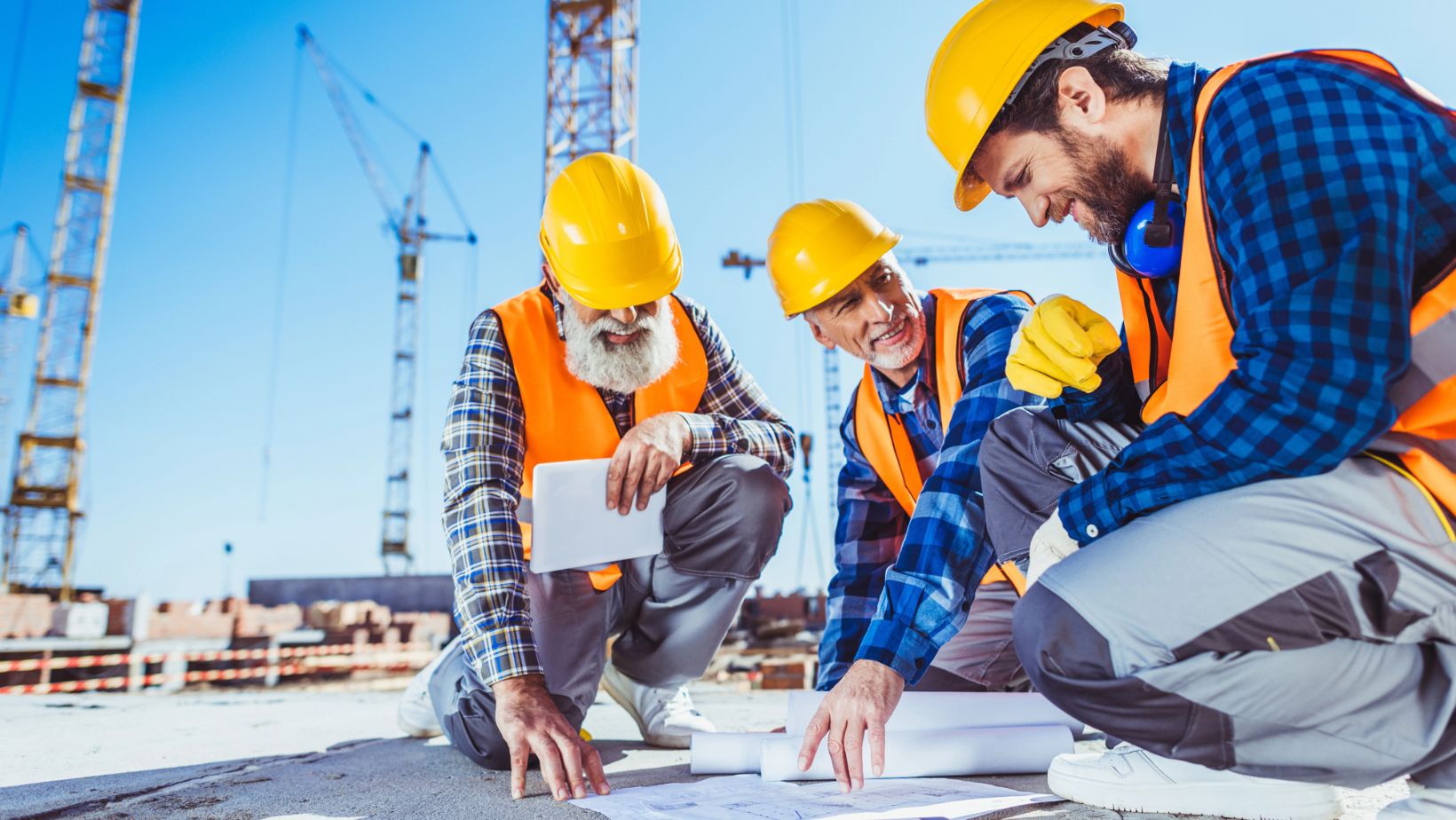Building and Code Staff Appreciation Day, observed annually on September 1st, is a time to recognize and celebrate the often-unsung heroes who ensure our buildings are safe, structurally sound, and compliant with regulations.
This day pays tribute to the dedicated professionals who work tirelessly behind the scenes to protect public safety and maintain the integrity of our built environment.
History of Building and Code Staff Appreciation Day
The origins of Building and Code Staff Appreciation Day can be traced back to the early 2000s when several local municipalities in the United States began recognizing the vital role played by building inspectors and code enforcement officers.
As awareness grew about the importance of these professionals in safeguarding communities, the idea of a national day of appreciation gained traction. In 2015, a coalition of construction industry associations, safety advocates, and government agencies came together to establish September 1st as the official Building and Code Staff Appreciation Day.
This date was chosen to coincide with the start of National Preparedness Month, highlighting the crucial link between building safety and community resilience. Since its inception, the day has gained recognition across the country, with many states and cities officially acknowledging the contributions of building and code staff through proclamations and events.
Ideas to Celebrate Building and Code Staff Appreciation Day
Celebrating Building and Code Staff Appreciation Day is an excellent opportunity to show gratitude to these hardworking professionals and raise awareness about their important work. Communities, construction companies, and individuals can participate in various ways to mark this occasion. Consider organizing events that highlight the role of building and code staff in ensuring public safety, or simply take a moment to thank these professionals for their dedication.
- Organize a breakfast or lunch event for local building and code staff
- Host a public open house at the building department to educate residents about code enforcement
- Create and share social media posts highlighting the work of building inspectors and code officers
- Encourage local schools to invite building professionals for career day presentations
- Write thank-you notes or send small gifts to your local building department staff
The Impact of Building and Code Staff on Public Safety
Building and code staff play a crucial role in protecting public health, safety, and welfare. Their work encompasses a wide range of responsibilities, from reviewing construction plans and issuing permits to conducting on-site inspections and enforcing building codes.
These professionals ensure that buildings meet structural standards, fire safety regulations, and accessibility requirements. By diligently enforcing codes and standards, they help prevent accidents, reduce property damage, and save lives. In the face of natural disasters and emergencies, the efforts of building and code staff contribute significantly to community resilience and recovery.
Their expertise is invaluable in identifying potential hazards, implementing preventive measures, and guiding reconstruction efforts in the aftermath of catastrophic events.
Challenges and Innovations in the Building and Code Enforcement Field
The field of building and code enforcement is constantly evolving, driven by advances in technology, changes in construction practices, and emerging environmental concerns. Building and code staff face numerous challenges in keeping up with these developments while maintaining high standards of safety and compliance.
One of the most significant challenges is the need to balance rigorous code enforcement with the demands for faster, more efficient construction processes. To address this, many jurisdictions are adopting digital tools and streamlined procedures to expedite plan reviews and inspections without compromising safety.
Innovations in the field include the use of drones for building inspections, virtual reality simulations for code training, and artificial intelligence systems for plan review automation. These technological advancements are helping building and code staff work more efficiently and effectively.
Additionally, there is a growing focus on sustainable building practices and energy efficiency, requiring code officials to develop expertise in green building standards and emerging technologies.
As the built environment becomes increasingly complex, the role of building and code staff continues to expand, demanding a diverse skill set and ongoing professional development.
